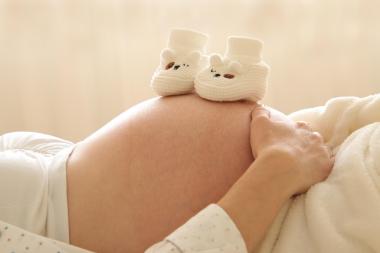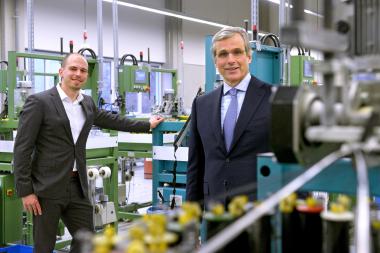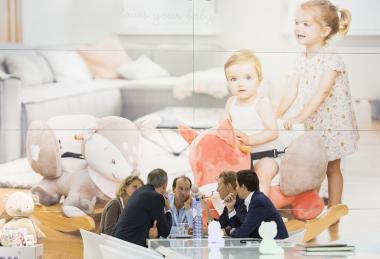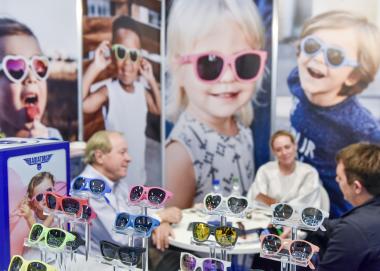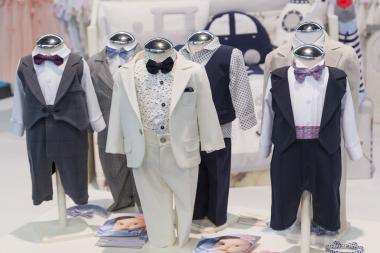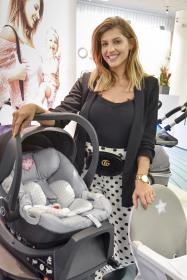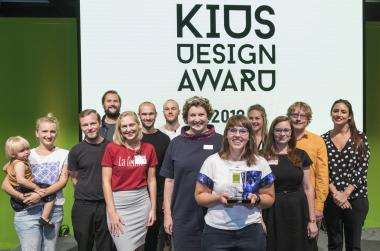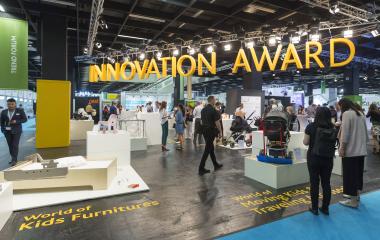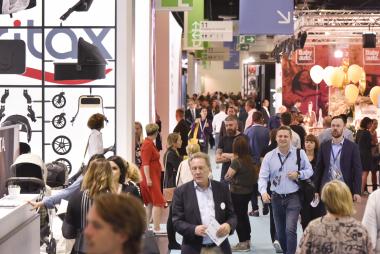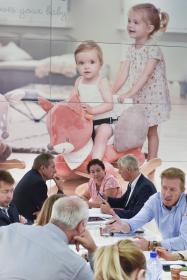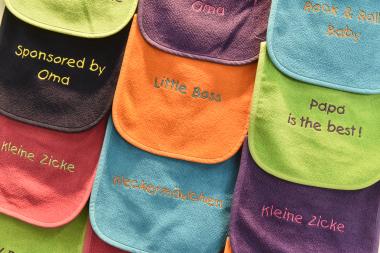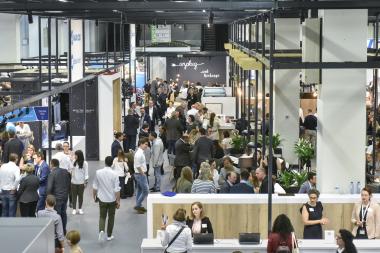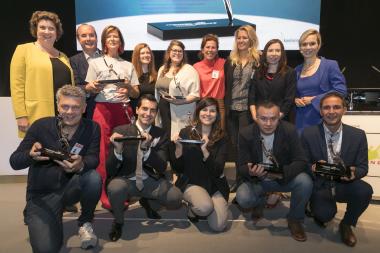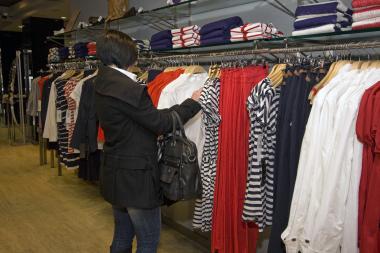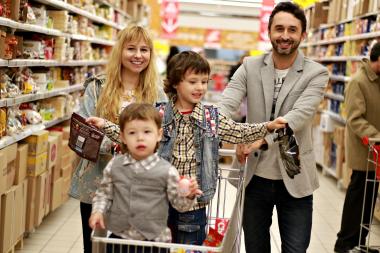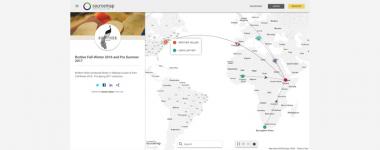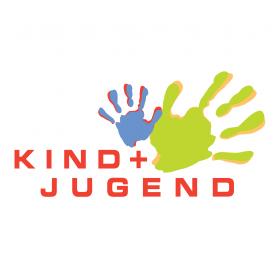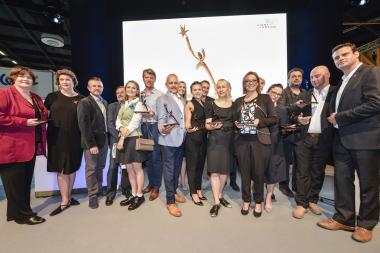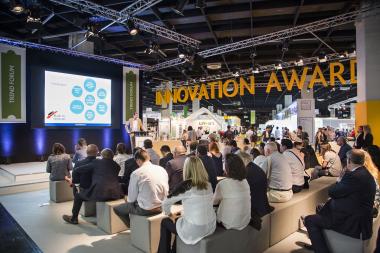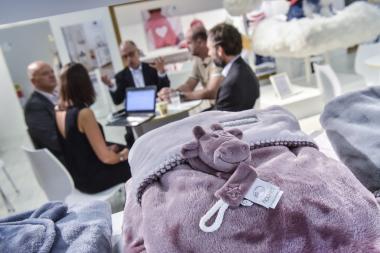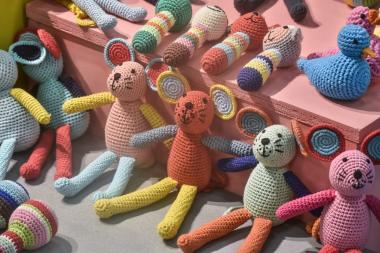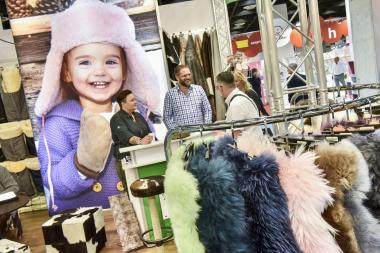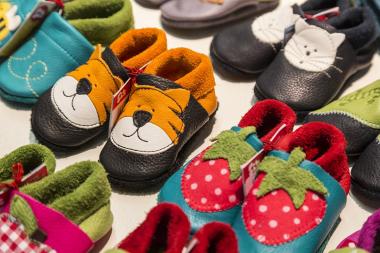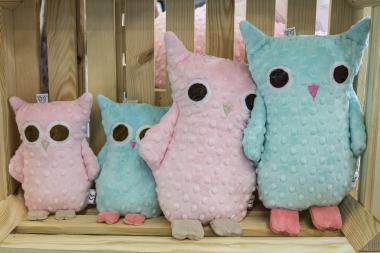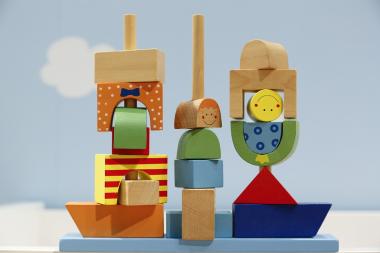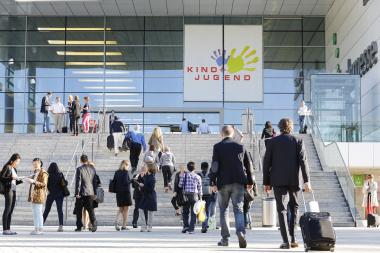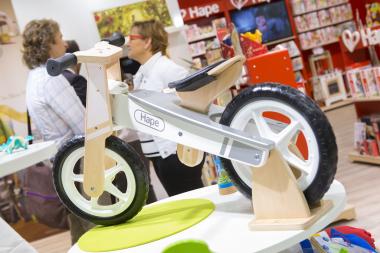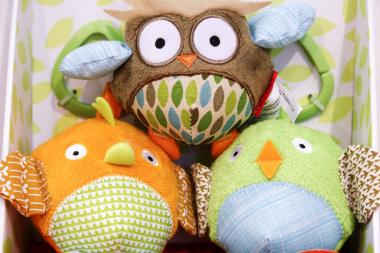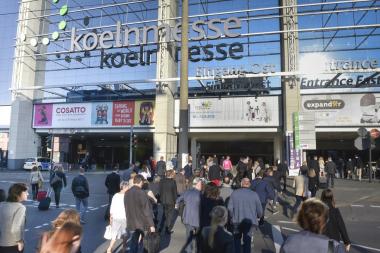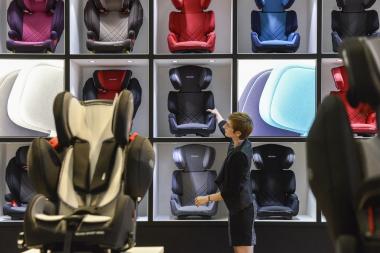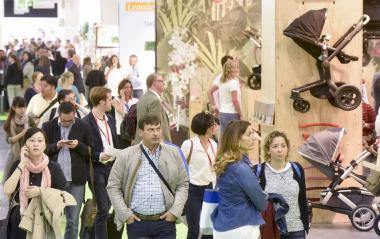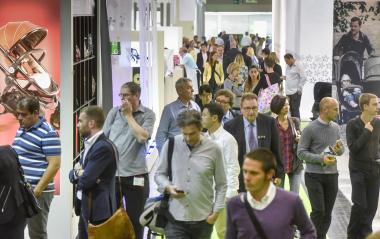Intelligent Patch for Remote Monitoring of Pregnancy
During pregnancy, regular medical check-ups provide information about the health and development of the pregnant person and the child. However, these examinations only provide snapshots of their state, which can be dangerous, especially in high-risk cases. To enable convenient and continuous monitoring during this sensitive phase, an international research consortium is planning to further develop the technology of smart textiles. A patch equipped with highly sensitive electronics is meant to collect and evaluate vital data. In addition, the sensors will be integrated into baby clothing in order to improve the future of medical monitoring for newborns with the highest level of data security.
The beginning of a pregnancy is accompanied by a period of intensive health monitoring of the baby and the pregnant person. Conventional prenatal examinations with ultrasound devices, however, only capture snapshots of the respective condition and require frequent visits to doctors, especially in high-risk pregnancies. With the help of novel wearables and smart textiles, researchers in the EU-funded project Newlife aim to enable continuous obstetric monitoring in everyday life.
One goal of the consortium, consisting of 25 partners, is the development of a biocompatible, stretchable, and flexible patch to monitor the progress of the pregnancy and the embryo. Similar to a band-aid, the patch will be applied to the pregnant person’s skin, continuously recording vital data using miniaturized sensors (e.g., ultrasound) and transmitting it via Bluetooth.
For some time now, modern medical technology has been relying on smart textiles and intelligent wearables to offer patients convenient, continuous monitoring at home instead of stationary surveillance. At the Fraunhofer Institute for Reliability and Microelectronics IZM, a team led by Christine Kallmayer is bringing this technology to application-oriented implementation, benefitting from the Fraunhofer IZM’s years of experience with integrating technologies into flexible materials. For the integrated patch, the researchers are using thermoplastic polyurethane as base materials, in which electronics and sensors are embedded. This ensures that the wearing experience is similar to that of a regular band-aid instead of a rigid film.
To ensure that the obstetric monitoring is imperceptible and comfortable for both pregnant individuals and the unborn child, the project consortium plans to integrate innovative MEMS-based ultrasound sensors directly into the PU material. The miniaturized sensors are meant to record data through direct skin contact. Stretchable conductors made of TPU material tracks will then transmit the information to the electronic evaluation unit and finally to a wireless interface, allowing doctors and midwives to view all relevant data in an app. In addition to ultrasound, the researchers are planning to integrate additional sensors such as microphones, temperature sensors, and electrodes.
Even after birth, the new integration technology can be of great benefit to medical technology: With further demonstrators, the Newlife team plans to enable the monitoring of newborns. Sensors for continuous ECG, respiration monitoring, and infrared spectroscopy to observe brain activity will be integrated into the soft textile of a baby bodysuit and a cap. "Especially for premature infants and newborns with health risks, remote monitoring is a useful alternative to hospitalization and wired monitoring. For this purpose, we must guarantee an unprecedented level of comfort provided by the ultra-thin smart textiles: no electronics should be noticeable. Additionally, the entire module has to be extremely reliable, as the smart textiles should easily withstand washing cycles," explains Christine Kallmayer, project manager at Fraunhofer IZM.
For external monitoring of the baby's well-being, the project is also researching ways to use camera data and sensor technology in the baby's bed. Once the hardware basis of the patch, the textile electronics, and the sensor bed is built and tested, the project partners will take another step forward. Through cloud-based solutions, AI and machine learning will be used to simplify the implementation for medical staff and ensure the highest level of data security.
The Newlife project is coordinated by Philips Electronics Nederland B.V. and will run until the end of 2025. It is funded by the European Union under the Horizon Europe program as part of Key Digital Technologies Joint Undertaking under grant number 101095792 with a total of 18.7 million euros.
pregnancy monitoring system Smart textiles Medizin and healthcare industrie textile-based sensors wearable sensors
Fraunhofer Institute for Reliability and Microintegration IZM


